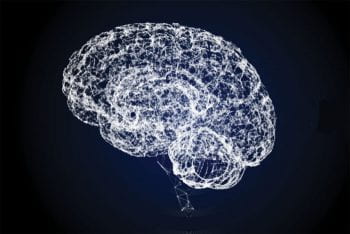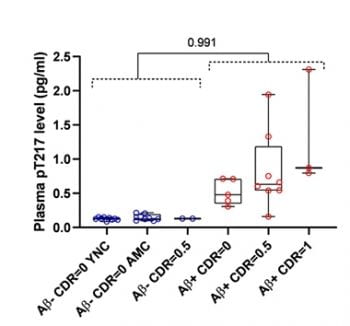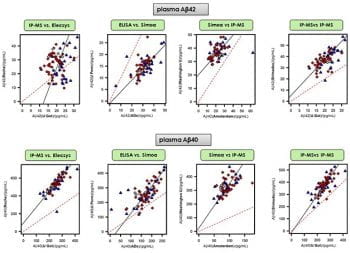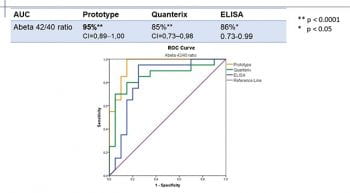The goal of the $10,000 WashU Medicine Bold Pioneer Award is to recognize and encourage early career investigators who have demonstrated bold, pioneering research that is high-risk by virtue of being fundamentally different from standard approaches. The intent is to encourage scientific research investigators to challenge status quo approaches by developing fundamentally different methods, approaches, […]
Now accepting applications for WashU Medicine Bold Pioneer Award! (Links to an external site)












